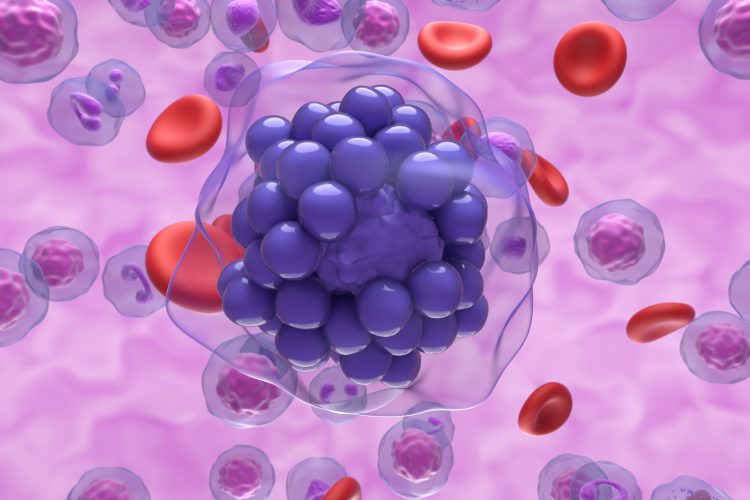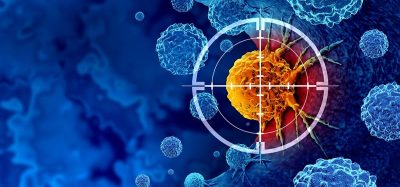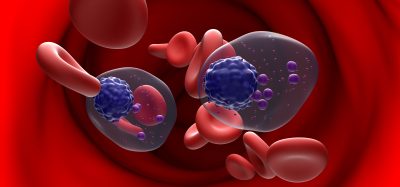NKTR-255 shows positive results in lymphoma therapy
Posted: 16 December 2024 | Drug Target Review | No comments yet
Nektar Therapeutics’ NKTR-255 improves CAR-T therapy outcomes in lymphoma patients. Find out how this development could impact cancer treatment.


The Phase II proof-of-concept study demonstrated that 73 percent of patients treated with NKTR-255 achieved a complete response at six months, compared to 50 percent in the placebo group.
NKTR-255, designed to enhance natural killer (NK) and CD8+ T-cell activity, aims to improve the durability and effectiveness of CAR-T therapies by promoting the survival and expansion of memory CD8+ T-cells. In the trial, NKTR-255 treatment led to enhanced CAR-T cell kinetics, with a 5.8-fold increase in the CD8+ CAR-T area under the curve (AUC) 0-15 days post-administration compared to placebo. Two patients in the NKTR-255 group converted from stable disease or partial response to complete response at six months, a change not observed in the placebo group.
Dr Sairah Ahmed, Associate Professor at the University of Texas MD Anderson Cancer Center, highlighted the significance of these results, noting that patients who achieve a complete response at six months are more likely to remain in remission for an extended period, improving progression-free survival rates. This study’s clinical benefit surpasses historical benchmarks for current commercial CD19 CAR T-cell therapies, which report 6-month complete response rates ranging from 41 percent to 44 percent.
Dr Mary Tagliaferri, Nektar’s Chief Medical Officer, called the study the first randomised trial showing that NKTR-255 can enhance the durability of response to CAR-T therapy by modifying CAR-T cell kinetics. She emphasised the growing body of evidence supporting NKTR-255’s potential in combination with cellular therapies.
The treatment was found to be safe and well-tolerated in patients with relapsed/refractory LBCL when combined with FDA-approved CD19 CAR-T therapies.
NKTR-255 is now also being investigated in other clinical trials, including studies for anti-PD1 resistant metastatic non-small cell lung cancer and as a maintenance treatment in metastatic urothelial carcinoma.
For further details, visit www.nektar.com.
Related topics
Biologics, Cancer research, Cell Therapy, Clinical Trials, Immuno-oncology, Immunotherapy
Related conditions
Anti-PD1 Resistant Metastatic Non-Small Cell Lung Cancer, Metastatic Urothelial Carcinoma, Relapsed/Refractory Large B-cell Lymphoma (LBCL)
Related organisations
Nektar Therapeutics, University of Texas MD Anderson Cancer Center
Related people
Dr Mary Tagliaferri, Dr Sairah Ahmed








